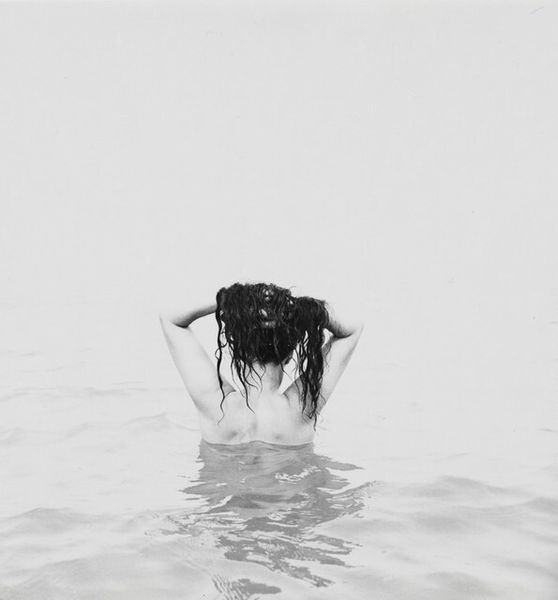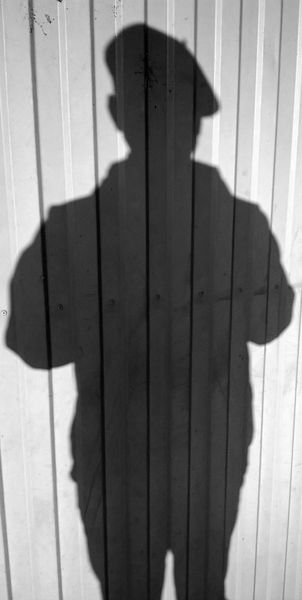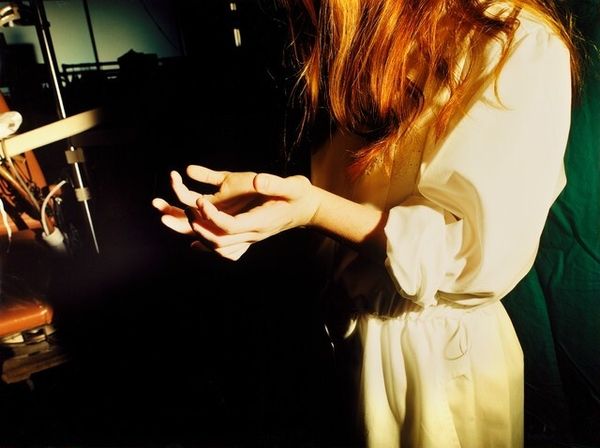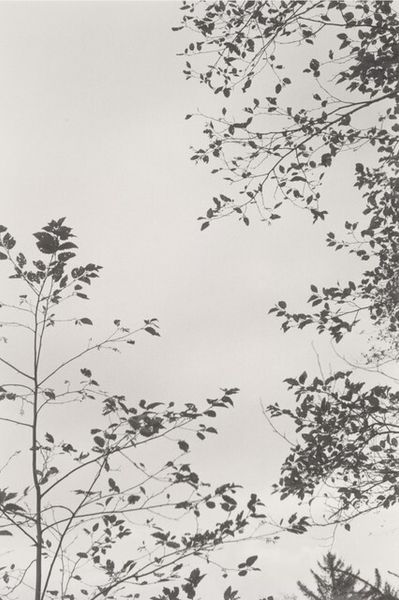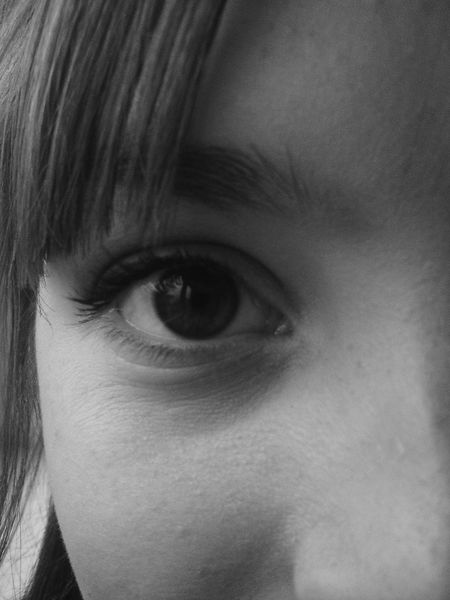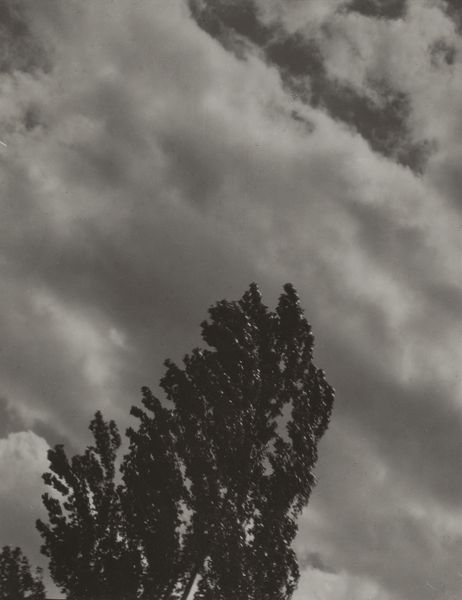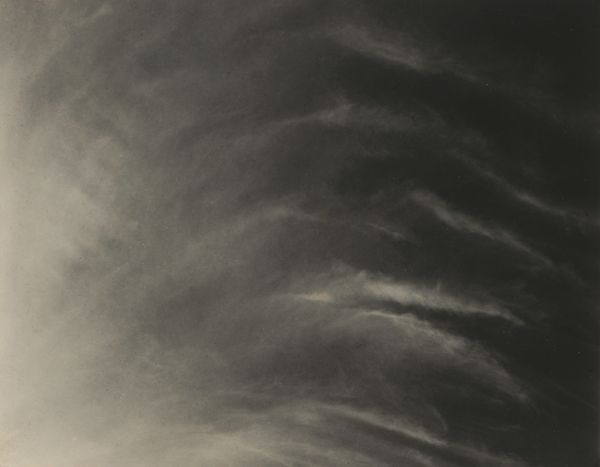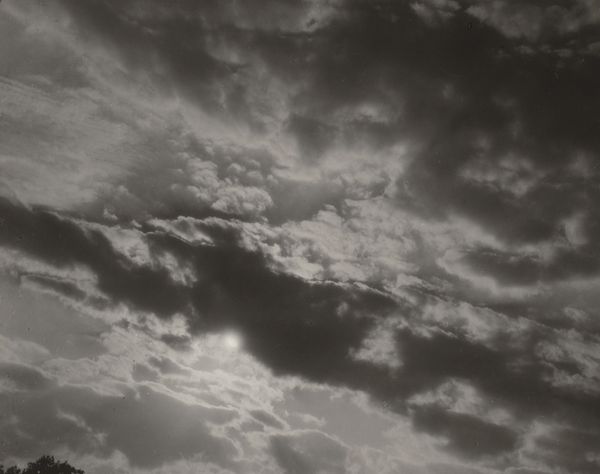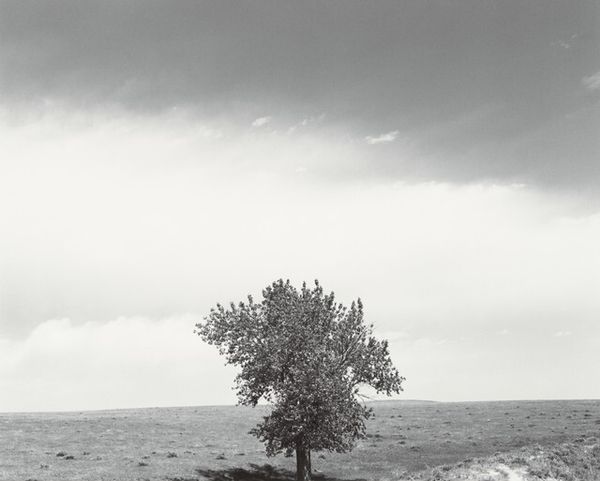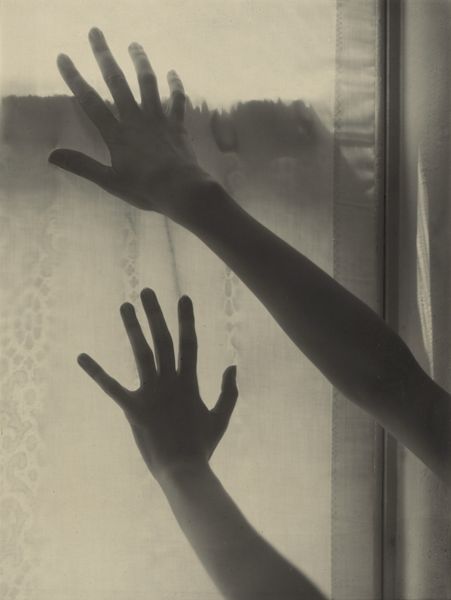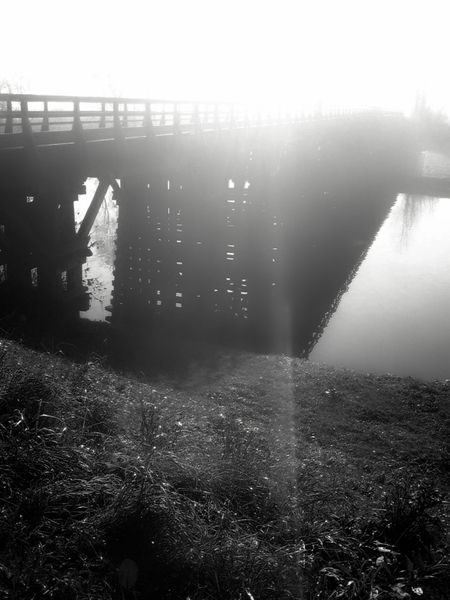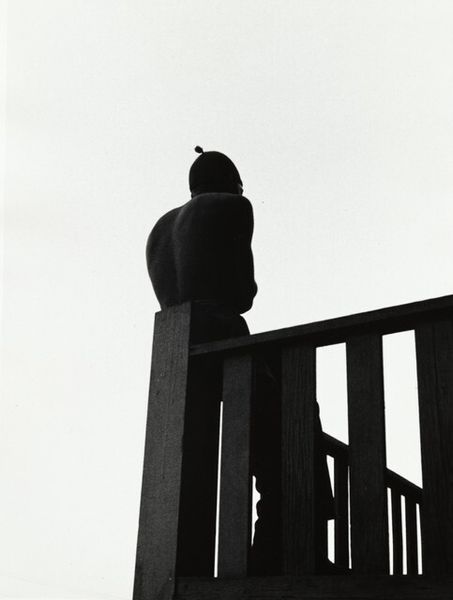
photography
#
sky
#
black and white photography
#
landscape
#
street-photography
#
photography
#
black and white
#
monochrome photography
#
monochrome
#
monochrome
Copyright: Creative Commons NonCommercial
Editor: Here we have Alfred Freddy Krupa’s black and white photograph, "Nena or After 31 year," created in 2019. The woman walking across the bridge creates a really solitary, pensive mood for me. What do you see in this piece? Curator: The photograph strikes me as a potent visual statement about memory and the passage of time, especially in the context of Krupa's broader body of work, which often engages with themes of identity and belonging. Considering the title "After 31 year," how do you think the artist might be engaging with personal or collective memory? Editor: I hadn’t considered that aspect of memory. The bridge could be symbolic then, right? Crossing from one stage of life to another. Curator: Precisely. Bridges, symbolically, often represent transitions. But what kind of transition? The woman's posture – head bowed, almost obscured – suggests a journey inward. It might represent the burden and complexity women face when navigating socio-cultural expectations tied to age, beauty, and societal roles. Could this be a commentary on the female experience? Editor: It hadn't occurred to me that there could be commentary on gender experience. And this idea of obscured identity feels like it amplifies those challenges. Do you think the lack of color adds to the statement? Curator: Absolutely. The monochrome palette strips away distractions and focuses our attention on form, texture, and the interplay of light and shadow. This, combined with the stark landscape, intensifies the sense of isolation, and perhaps hints at an internal world wrestling with unresolved issues. In what ways do you find yourself relating with the image and this specific narrative? Editor: It's really compelling to think of this photograph as less about a literal depiction of a woman on a bridge and more about a complex exploration of identity, memory, and societal expectations. It is something I had not picked up on until now. Curator: Indeed. And that's the power of art: to invite us to engage in these dialogues and expand our understanding of the world. This piece by Krupa is one of those catalysts, creating important insights that encourage empathy.
Comments
No comments
Be the first to comment and join the conversation on the ultimate creative platform.

